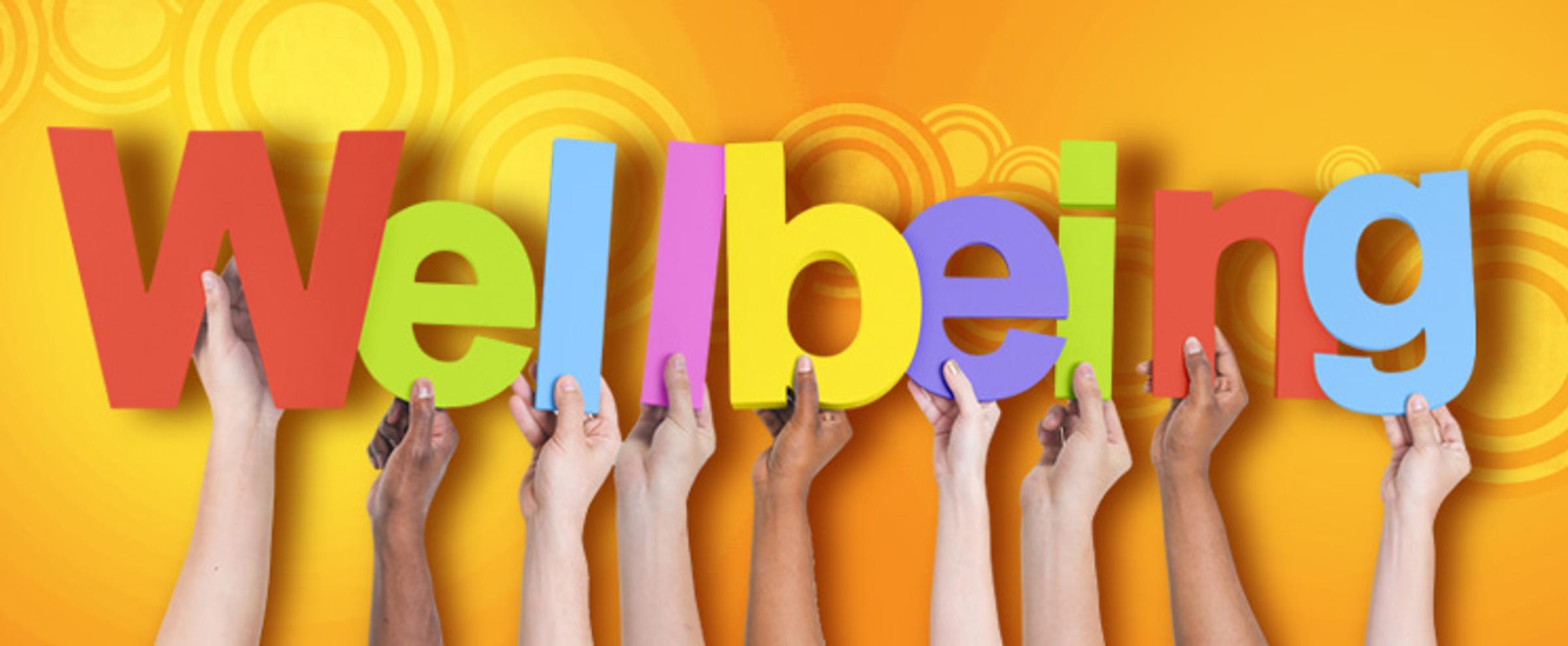Staying Safe & Cool in Summer
We live in a sunburnt country where hot days and heatwaves can stress our bodies. With hot summers likely to continue, it’s important that we all know how to prepare for high temperature days and how to provide first aid for heat-induced conditions.
There are ways to keep cool when the temperature rises:
- Stay inside and keep out of the heat as much as possible
- If you go outside, wear light clothes, a hat and sunscreen, and take water. If you are wearing a mask take extra precautions to stay cool
- Plan shopping, appointments, exercise and gardening for early in the day.
- Keep your home/bedroom cool by drawing the blinds, turning on fans or air-conditioners and opening doors and windows at night
- Take cool showers, splash yourself with cold water, or use a cool damp cloth to cool off. Wrapping yourself in a slightly damp towel, damp sarong, or damp long sleeved shirt and sitting in front of a fan works really well too!
- Cool off at an air-conditioned shopping mall, community centre, library or your local swimming pool
- Avoid crowded indoor public spaces, but if you must cool off at an air-conditioned public venue, like a shopping mall or library, wear a mask and maintain physical distancing. Wash and sanitise hands regularly in public indoor environments
- Try to cool off in the shade at public outdoor spaces such as parks and outdoor pools. But maintain a safe social distance from others
- Drink plenty of water, even if you don’t feel thirsty. Avoid alcohol, tea, coffee, energy drinks, and sugary drinks. If you are in a public space take a water bottle and avoid high touch bubblers or water fountains. We all need at least 6 to 8 glasses of water each day minimum and the more active we are, the more we need.
- eat small meals and cold foods like salads and fruit.
When it cools down
When the heat has passed, continue to drink plenty of water. Open windows and doors to let your house cool down, contact family and friends to find out how they have coped and to see if they need help, and go to your doctor if you feel unwell. You might also like to think about how well you coped and if you would do anything differently next time, including making changes to your home to make it more comfortable during extreme heat periods.
Josie Mitchell
Secondary School Nurse
Information taken from: https://www.redcross.org.au/get-help/emergencies/looking-after-yourself/how-to-prepare-for-a-heatwave


